Focus
Your Present Location: HOME> Focus-
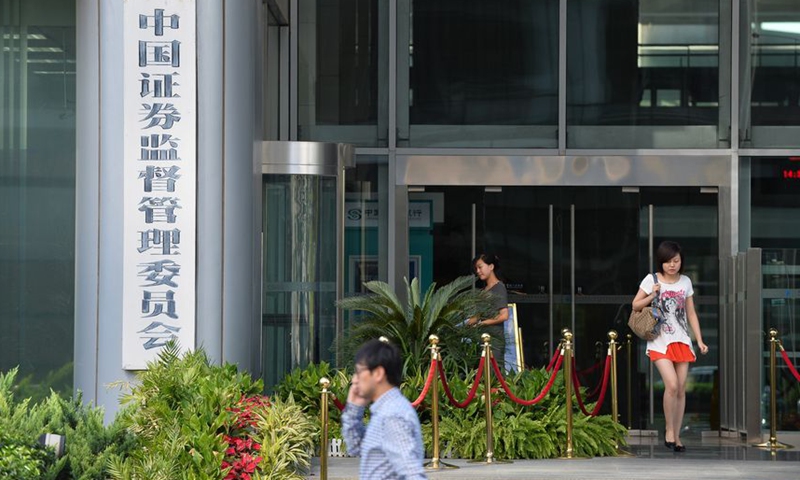
Dong Shaopeng: China makes draft revision to cross-border regulation for overseas listings amid audit talks with US
China's securities regulator on Saturday announced changes to cross-border regulations for offshore-listed Chinese companies in a draft regulatory document addressing confidentiality and document management for overseas listings, which experts said showed China's ongoing good-faith efforts to resolve the audit dispute with the US while pledging to protect national information security.
2022-04-06 -
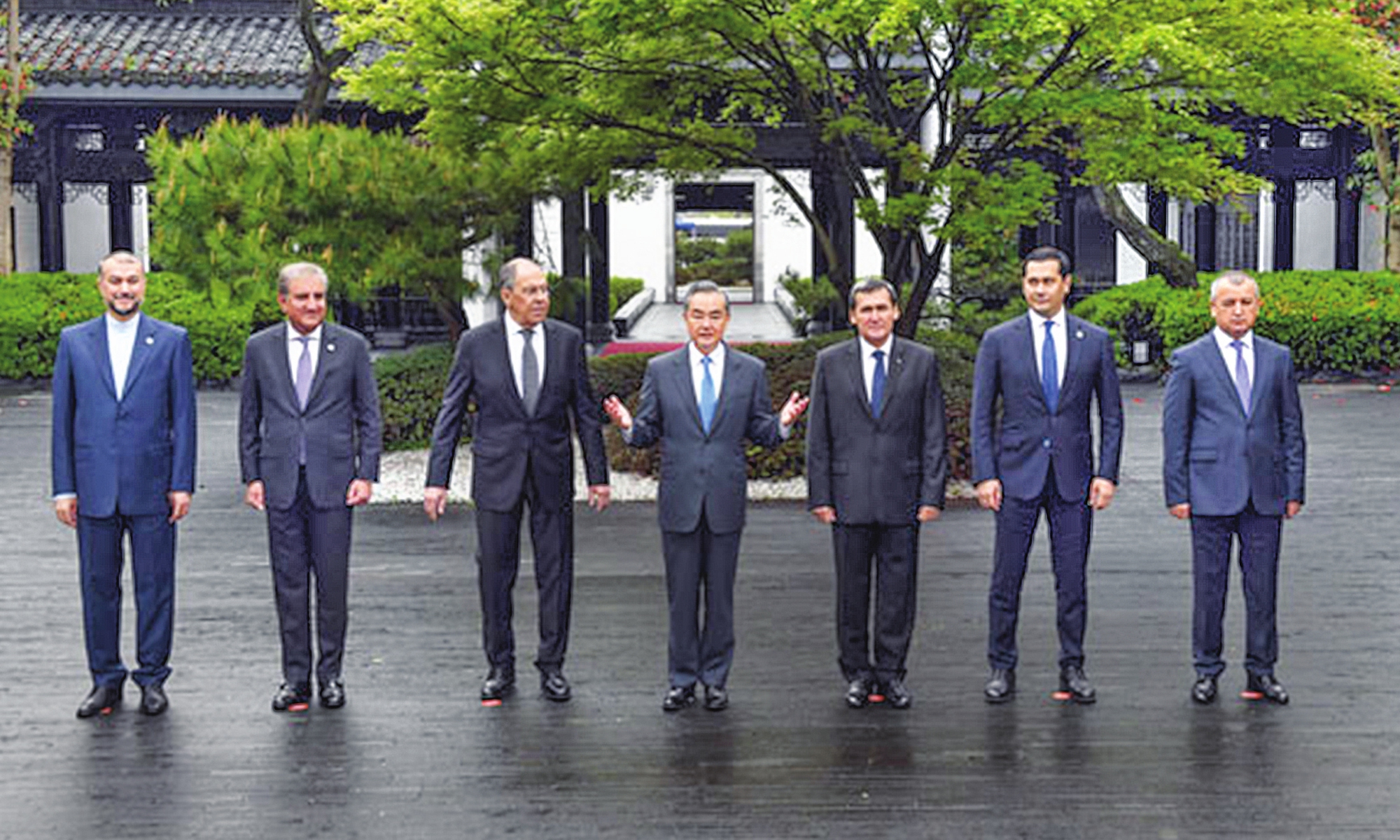
Zhou Rong: China contributes to build consensus and promote peaceful rebuilding of Afghanistan
A two-day meeting of foreign ministers of Afghanistan's neighbors highlighted the role of the region, especially China as host of the meeting, in building consensus and promoting the peaceful reconstruction of Afghanistan, analysts told the People’s Daily.
2022-04-02 -
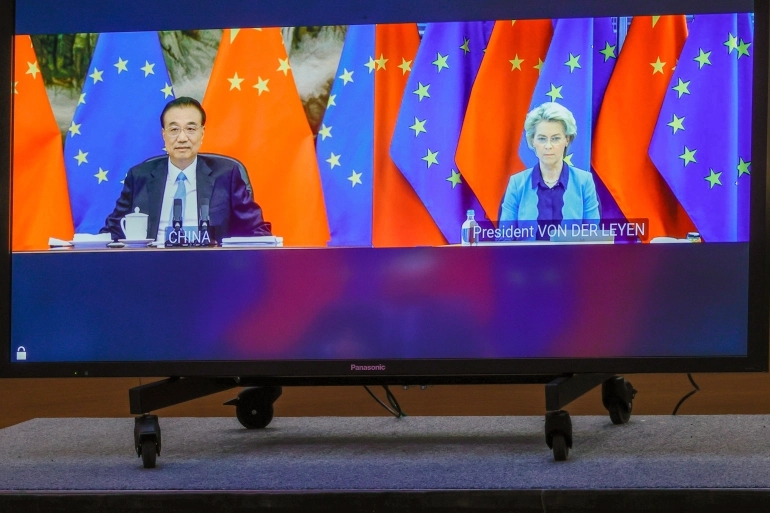
Wang Yiwei: EU pressures China over its stance on Russia’s war in Ukraine
European Union and Chinese leaders have met for their first summit in two years with Brussels pressing Beijing for assurances that it will neither supply Russia with arms nor help Moscow circumvent Western sanctions imposed over its full-scale invasion of Ukraine.
2022-04-02 -
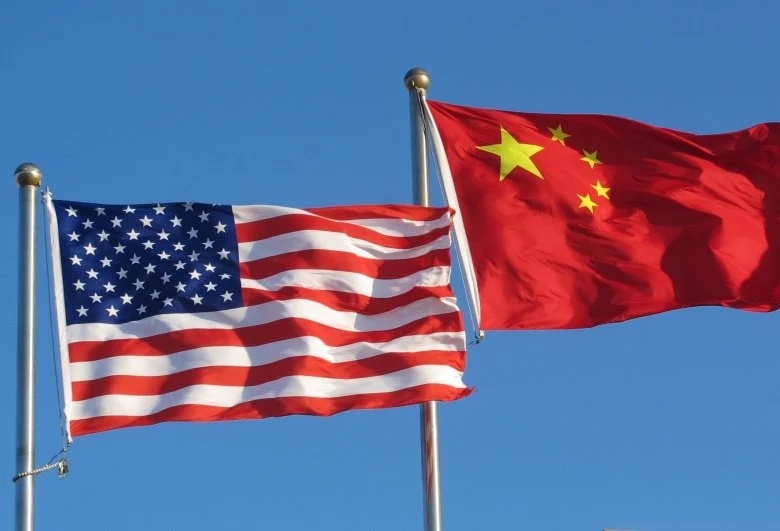
Parag Khanna: The New ‘End of History’
When Francis Fukuyama’s seminal essay The End of History? was published in 1989, there was a question mark at the end of the title—and rightly so. He was making a tentative hypothesis, not the strident assertion attributed to him in subsequent years. But the apparent stability of the conditions that prompted his inquiry justifiably lulled many in the West into a false sense of superiority. With the Cold War about to suddenly and spectacularly end, Fukuyama was undeniably prescient, but he was also pushing on an open door.
2022-04-01 -

Wang Yiwei: Is Greater Eurasia Possible Without Europe: A Security Perspective?
It is up to European countries, including Russia, to talk through a future European security structure: even though strategically Russia can rely on its Asian partners, it cannot separate itself from Europe geographically. If Russia intends to promote Greater Eurasia eastward smoothly, European stability should be taken into consideration: cooperation with the Belt and Road Initiative, whose route goes to west, is also a major part of Greater Eurasia.
2022-04-01 -
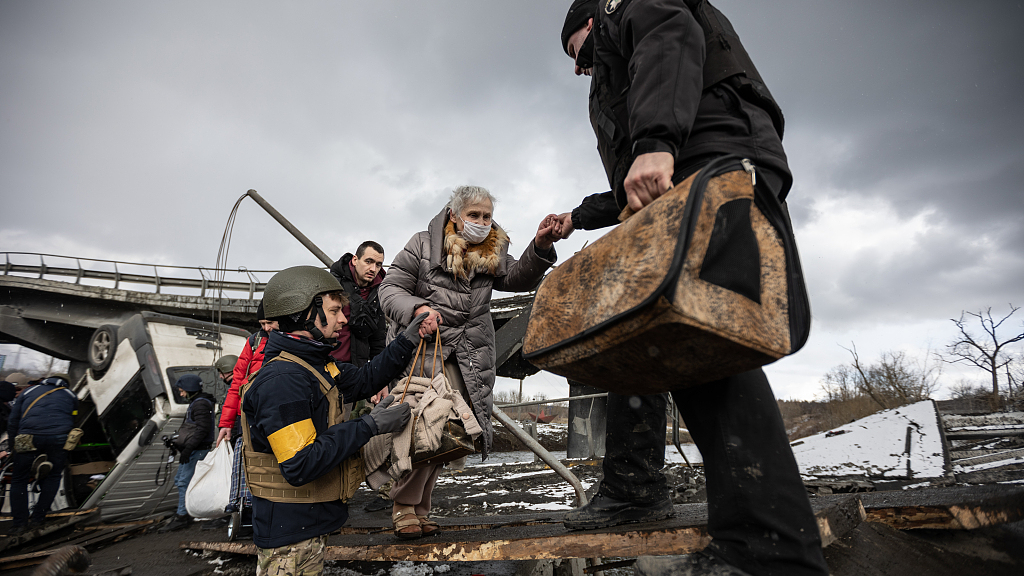
He Weiwen: U.S. reaps huge benefits from Ukraine crisis
The Ukraine crisis has entered its second month, causing massive casualties among Russian and Ukraine soldiers and civilians while creating over 4 million refugees. China, the EU, France, Germany, Turkey, Israel and others have been working hard to bring Russia and Ukraine to the negotiation table. U.S. President Joe Biden, contrary to China and other countries working for peace, has been busy sending weapons to Ukraine and other NATO countries and fanning fires at the NATO and G7 summits. They are pressing for devastating sanctions on Russia, and reshaping of the world order. It is clear that the U.S. wants the war to continue.
2022-04-01 -
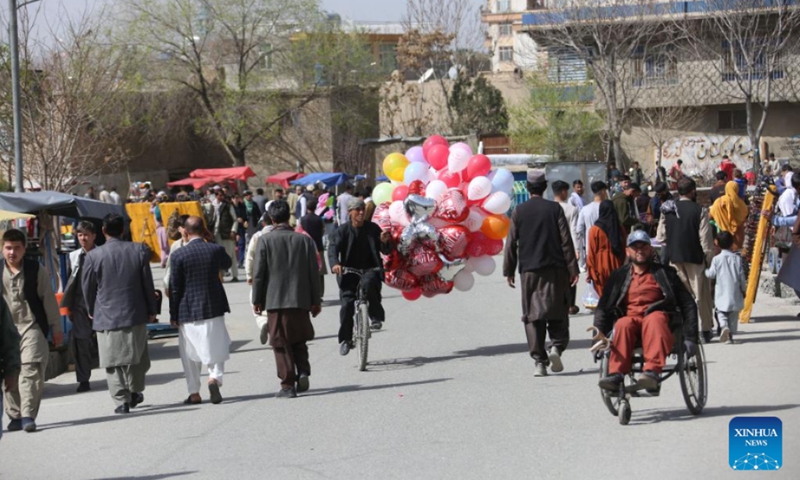
Zhou Rong: Chinese industrial park to be built in Kabul New City
Chinese firms and businessmen are eyeing more opportunities in Afghanistan, with an industrial park to be established in the Kabul New City, providing more jobs and helping train local Afghan workers, the Global Times has learned.
2022-04-01 -
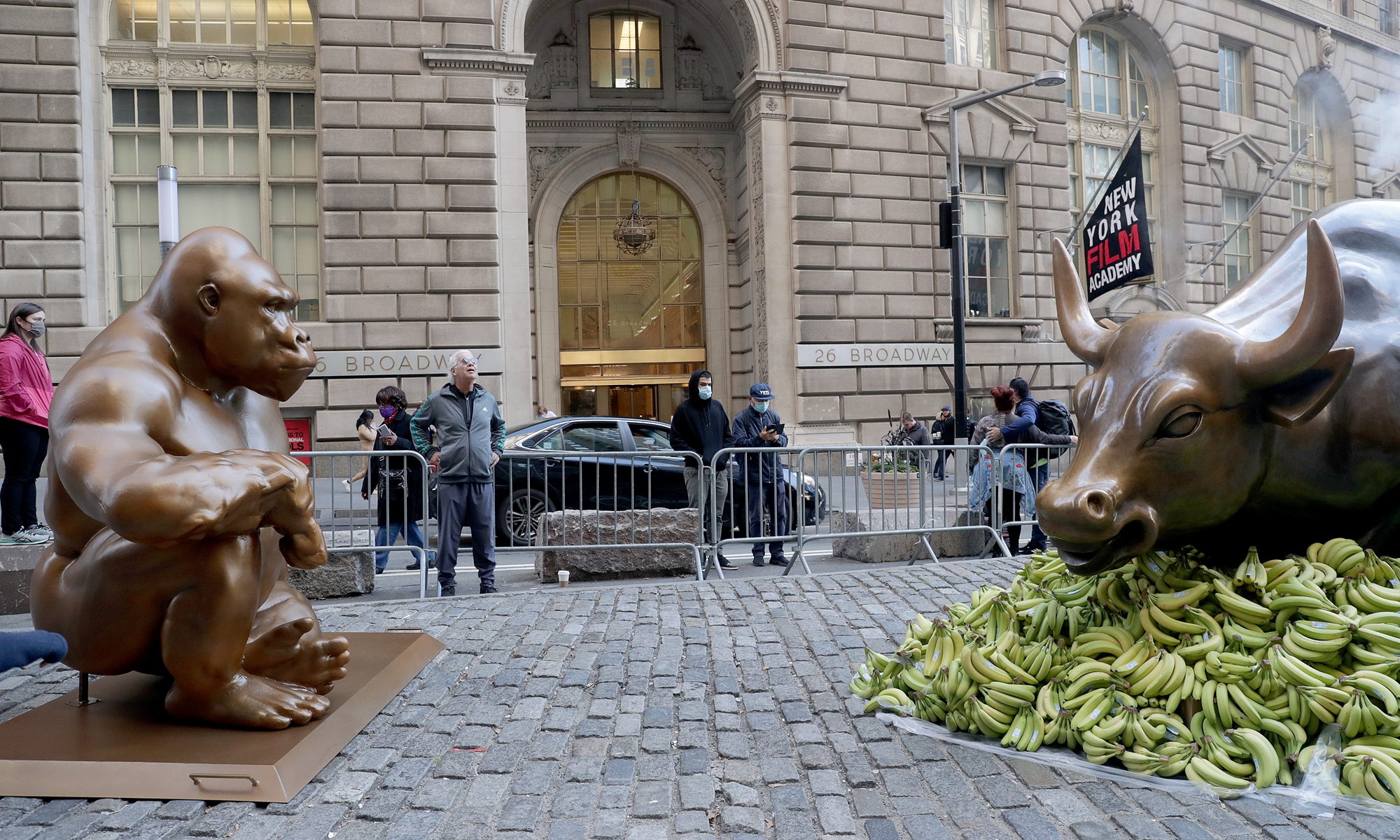
Dong Shaopeng: China, US ‘willing’ to solve audit dispute, but wisdom needed: CSRC
China's top securities regulator said on Thursday that Chinese and US regulators are willing to solve differences on audit dispute regarding US-listed Chinese companies, but the final outcome of the talks depends on the wisdom and sincerity of both sides.
2022-04-01 -
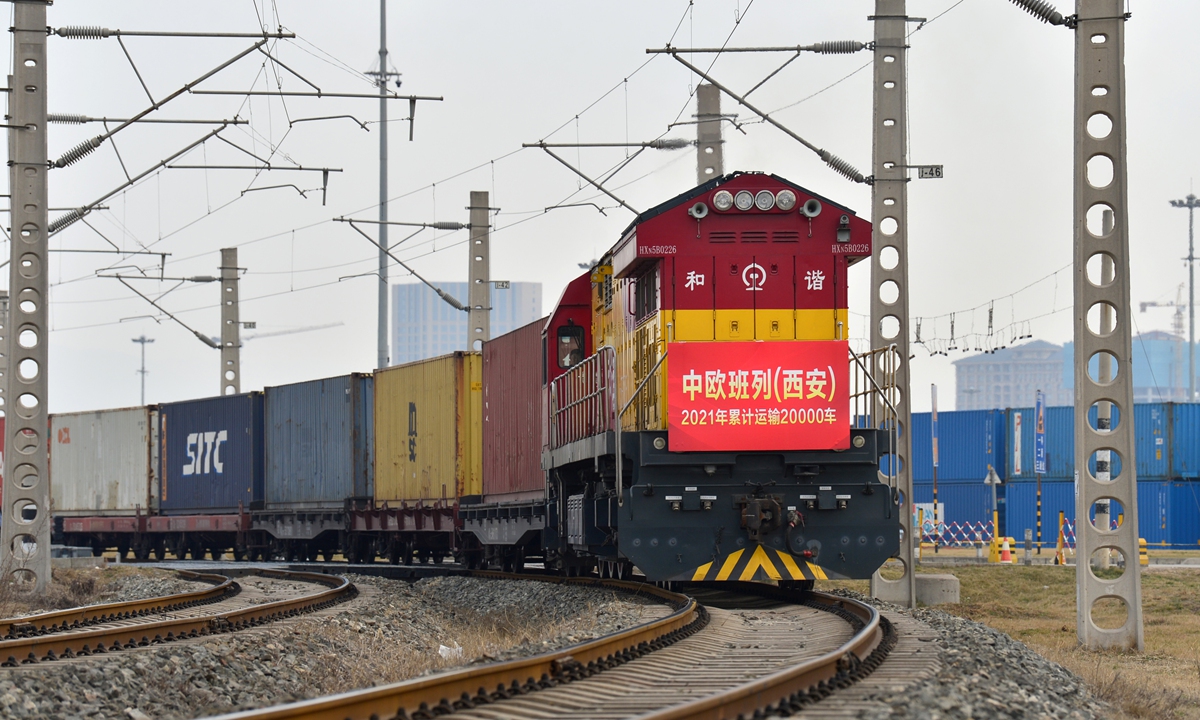
Wang Yiwei: Xi to meet EU leaders virtually at key summit, to inject positive energy to world amid Ukraine crisis
Chinese President Xi Jinping is scheduled to meet EU leaders at the China-EU leaders' meeting on Friday during which the Ukraine crisis is expected to be one of the major topics, some Chinese experts said.
2022-03-31 -
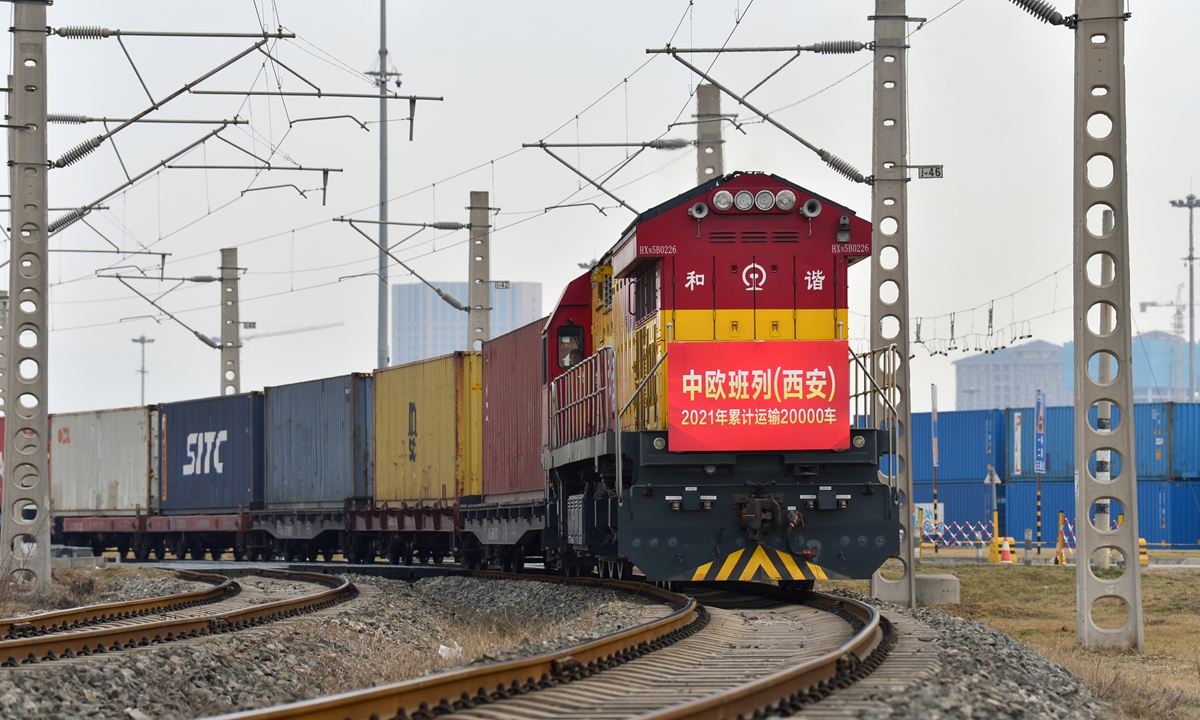
Wang Yiwei: Xi to meet EU leaders virtually at key summit, to inject positive energy to world amid Ukraine crisis
Chinese President Xi Jinping is scheduled to meet EU leaders at the China-EU leaders' meeting on Friday during which the Ukraine crisis is expected to be one of the major topics, some Chinese experts said.
2022-03-31 -
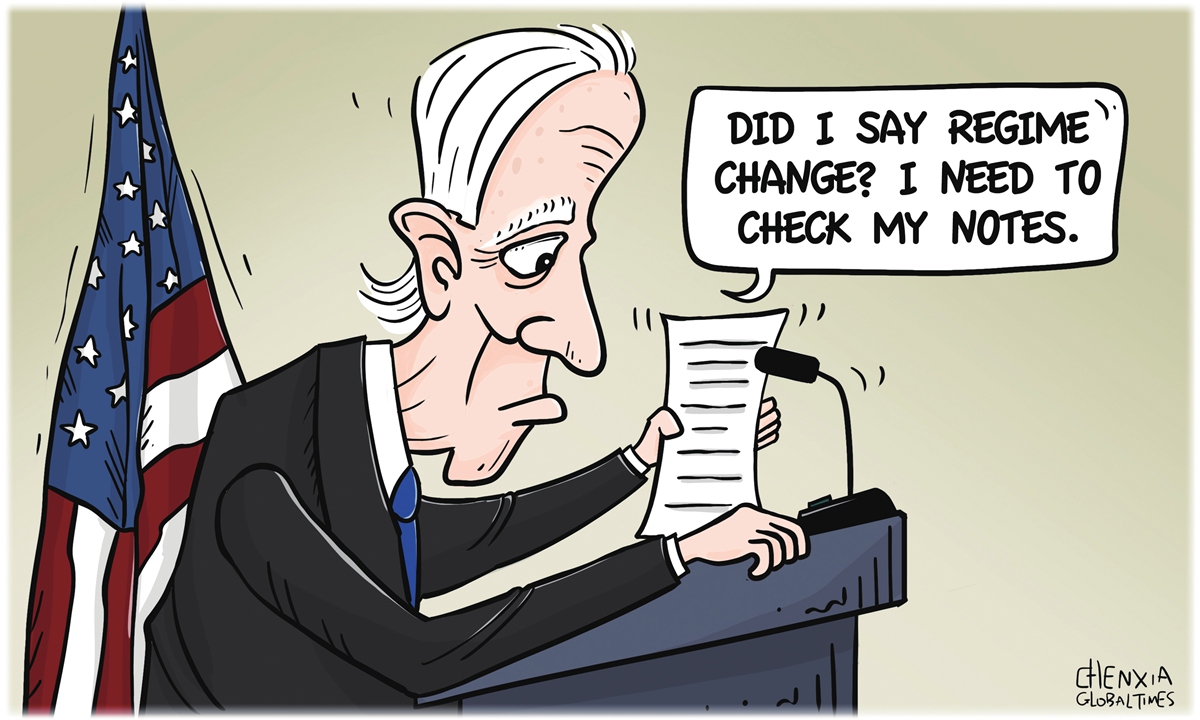
Ding Gang: Regime change is old, dangerous trick of US
On March 26, Biden gave a lengthy speech on the last day of his visit to Poland. At the end of the speech, he suddenly said that Putin "can no longer stay in power."
2022-03-31 -
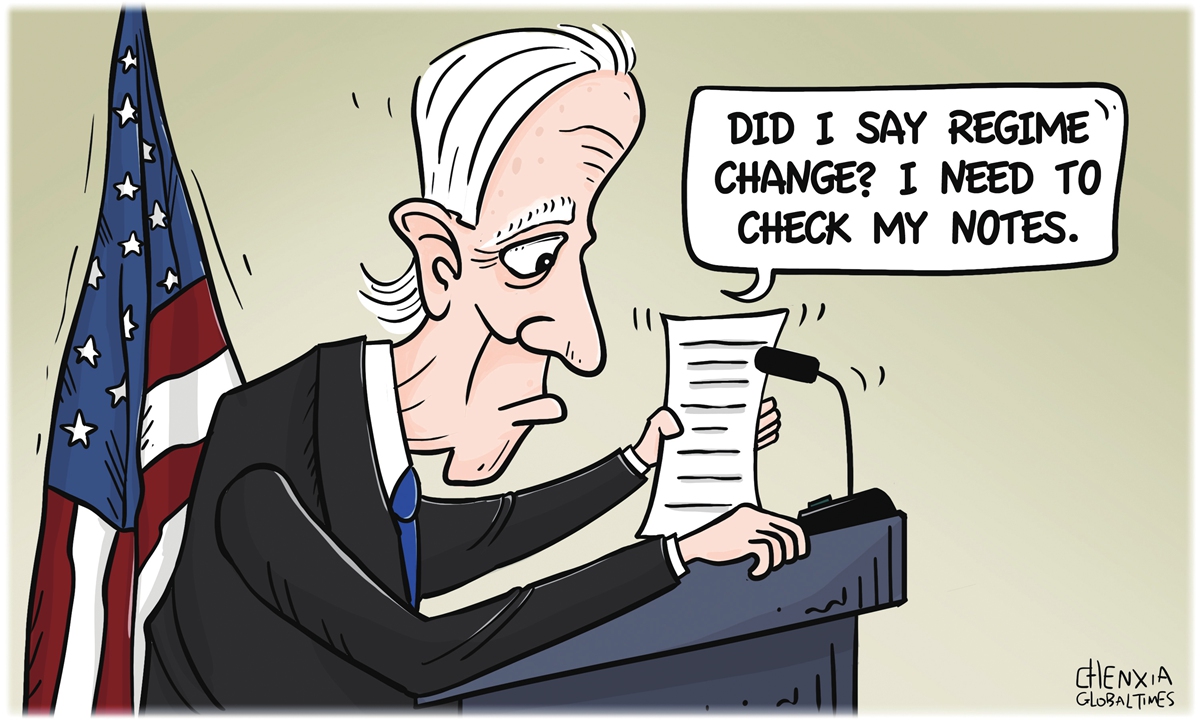
Ding Gang: Regime change is old, dangerous trick of US
On March 26, Biden gave a lengthy speech on the last day of his visit to Poland. At the end of the speech, he suddenly said that Putin "can no longer stay in power."
2022-03-31 -
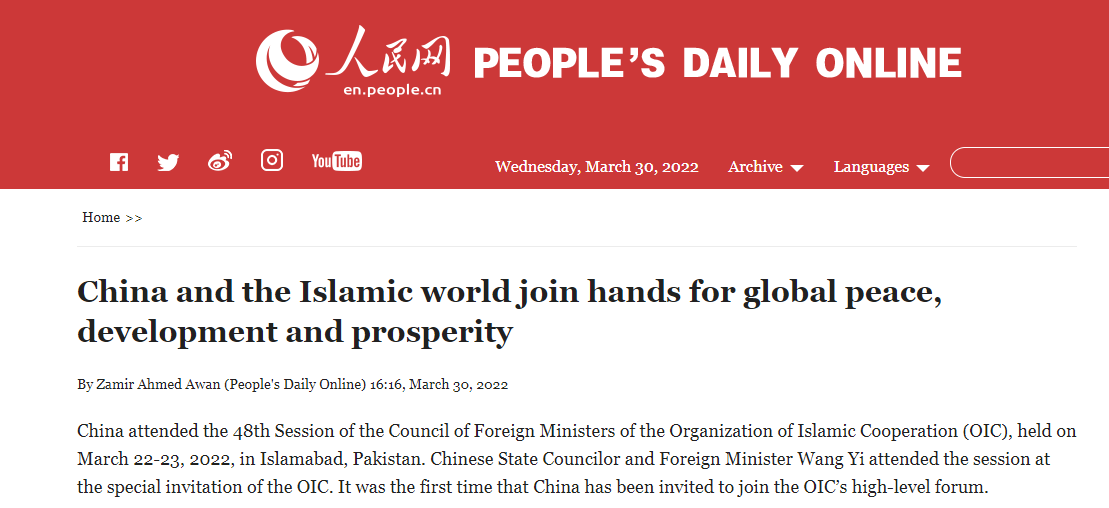
Zamir Ahmed Awan: China and the Islamic world join hands for global peace, development and prosperity
China attended the 48th Session of the Council of Foreign Ministers of the Organization of Islamic Cooperation (OIC), held on March 22-23, 2022, in Islamabad, Pakistan. Chinese State Councilor and Foreign Minister Wang Yi attended the session at the special invitation of the OIC. It was the first time that China has been invited to join the OIC’s high-level forum.
2022-03-31 -
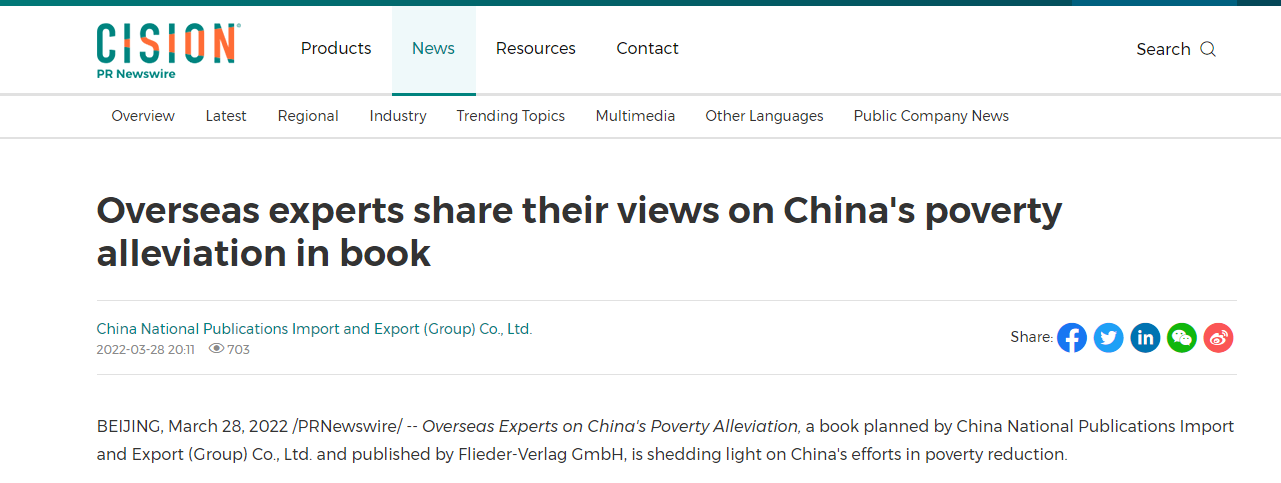
Yury Tavrovsky: Overseas experts share their views on China's poverty alleviation in book
Overseas Experts on China's Poverty Alleviation, a book planned by China National Publications Import and Export (Group) Co., Ltd. and published by Flieder-Verlag GmbH, is shedding light on China's efforts in poverty reduction.
2022-03-30 -
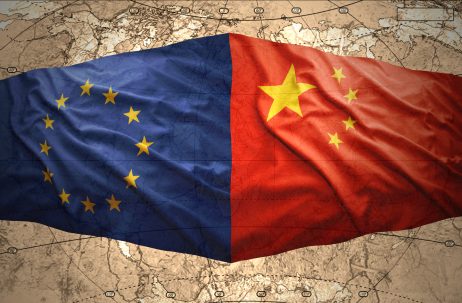
Chen Dingding: Europe and China at a Crossroads
As both sides prepare for the virtual China-EU summit on April 1, China-EU relations have reached an unprecedented stalemate. Reactions to the war in Ukraine and perceptions about the ensuing political crisis differ widely. Although the war is a major concern for Chinese diplomacy, and President Xi Jinping pointed out that “China does not want to see the situation in Ukraine to come to this,” Chinese and European assessments of the situation mostly lie worlds apart.
2022-03-30 -
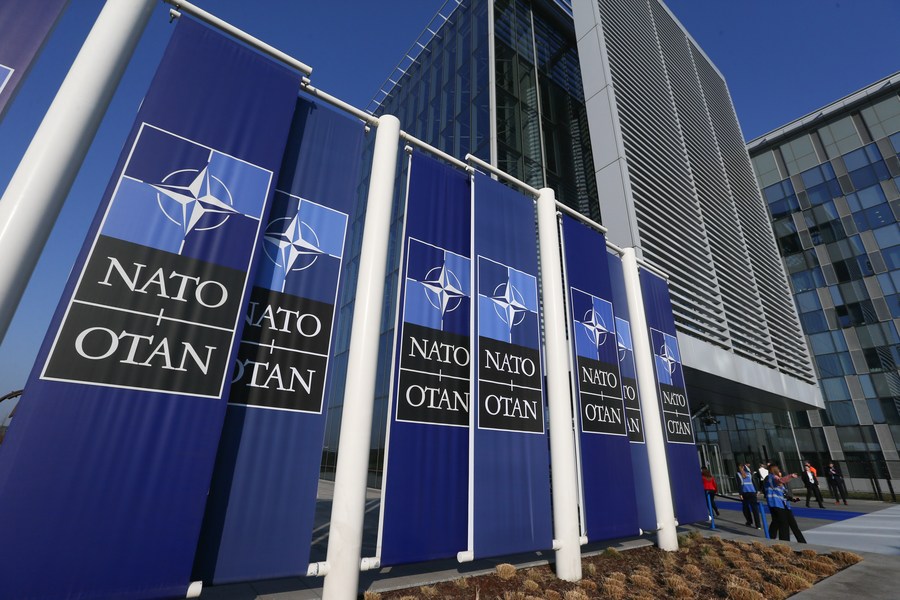
Diao Daming: NATO's role worsens Ukraine crisis
Long before the outbreak of the lingering Ukraine crisis, Beijing had been criticizing NATO's consecutive expansion, reminding the world that the United States-led military bloc is accountable for initiating and fueling the tragedy by providing weaponry.
2022-03-30 -
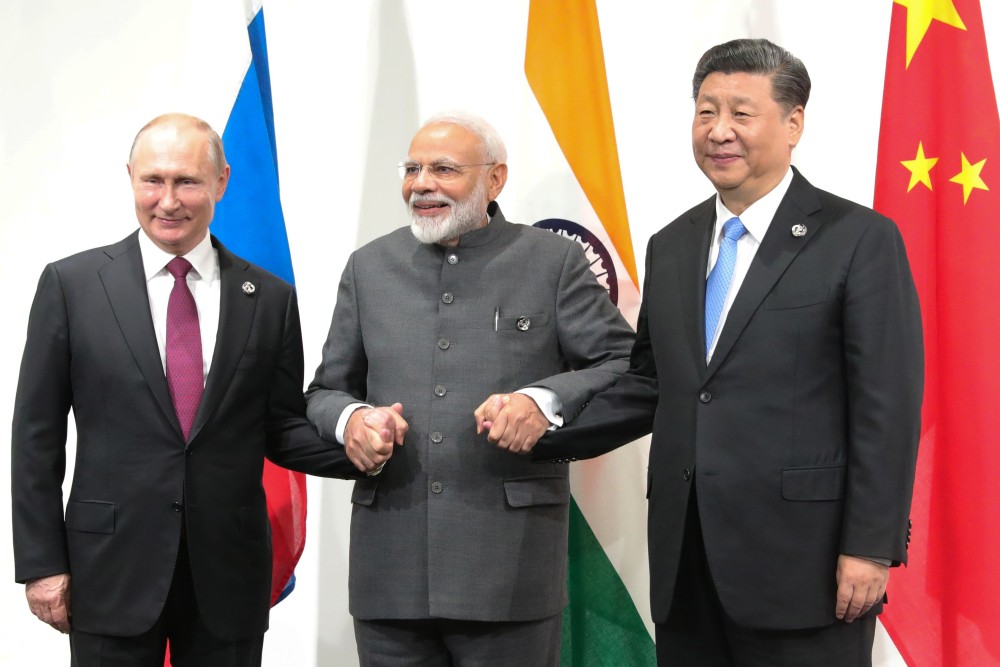
Parag Khanna: Russia Joins the Asian Club
We can imagine an end state to the Ukraine invasion: a territorial settlement in which Russian President Vladimir Putin cements his control over parts of eastern Ukraine, including a land bridge to Crimea, which Russia has not let go of for nearly a decade, while Ukraine retains control of the rest of the country. Ukrainian refugees may return en masse from European shelters to rebuild what remains of their broken but proud nation after this latest of history’s invasions of their motherland.
2022-03-30 -

Dong Shaopeng: China, US working toward effective audit supervision cooperation
Chinese and US regulators are working toward the same direction to resolve their differences over audit issues of Chinese firms listed in the US and achieve effective and sustainable securities supervision cooperation as soon as possible, the official China Securities Journal newspaper reported on Sunday.
2022-03-29 -
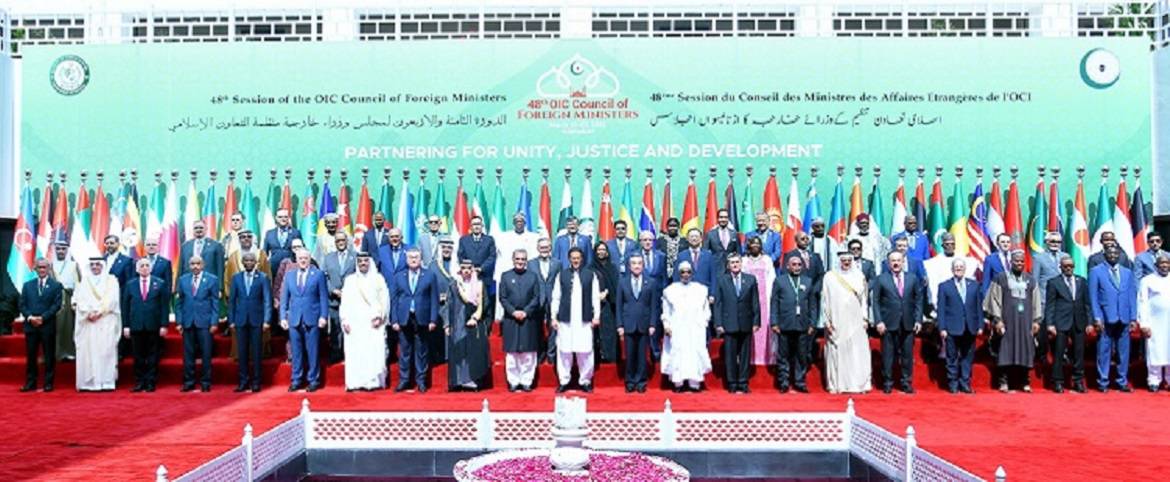
Zamir Ahmed Awan: The 70 points of the Islamabad Declaration
The Ministers of Foreign Affairs and heads of Delegation of the Member States of the Organization of Islamic Cooperation (OIC), participated in the 48th Session of the Council of Foreign Ministers, held in Islamabad, Pakistan, on 22-23 March 2022.
2022-03-29 -
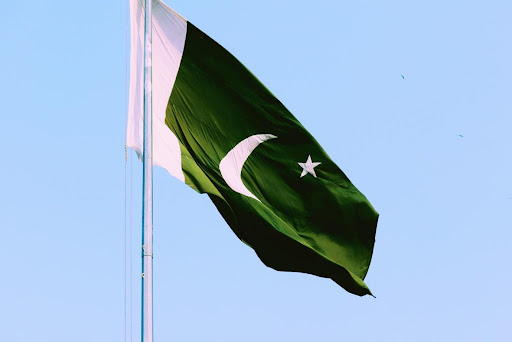
Zamir Ahmed Awan: Pakistan’s leadership role in the Ummah
Pakistan has revived its traditional leadership role of Muslim Ummah. Pakistan was one of the founding members of OIC in 1967 and was a very proactive member. Unfortunately, since the Afghan war in the 1980s, Pakistan overall deteriorated day by day and became less active in OIC. The 48th Session of Council of Foreign Ministers of member states held on 22-23 March 2022, has proved Pakistan’s potential to lead Ummah.
2022-03-28
























































































 京公网安备 11010802037854号
京公网安备 11010802037854号





